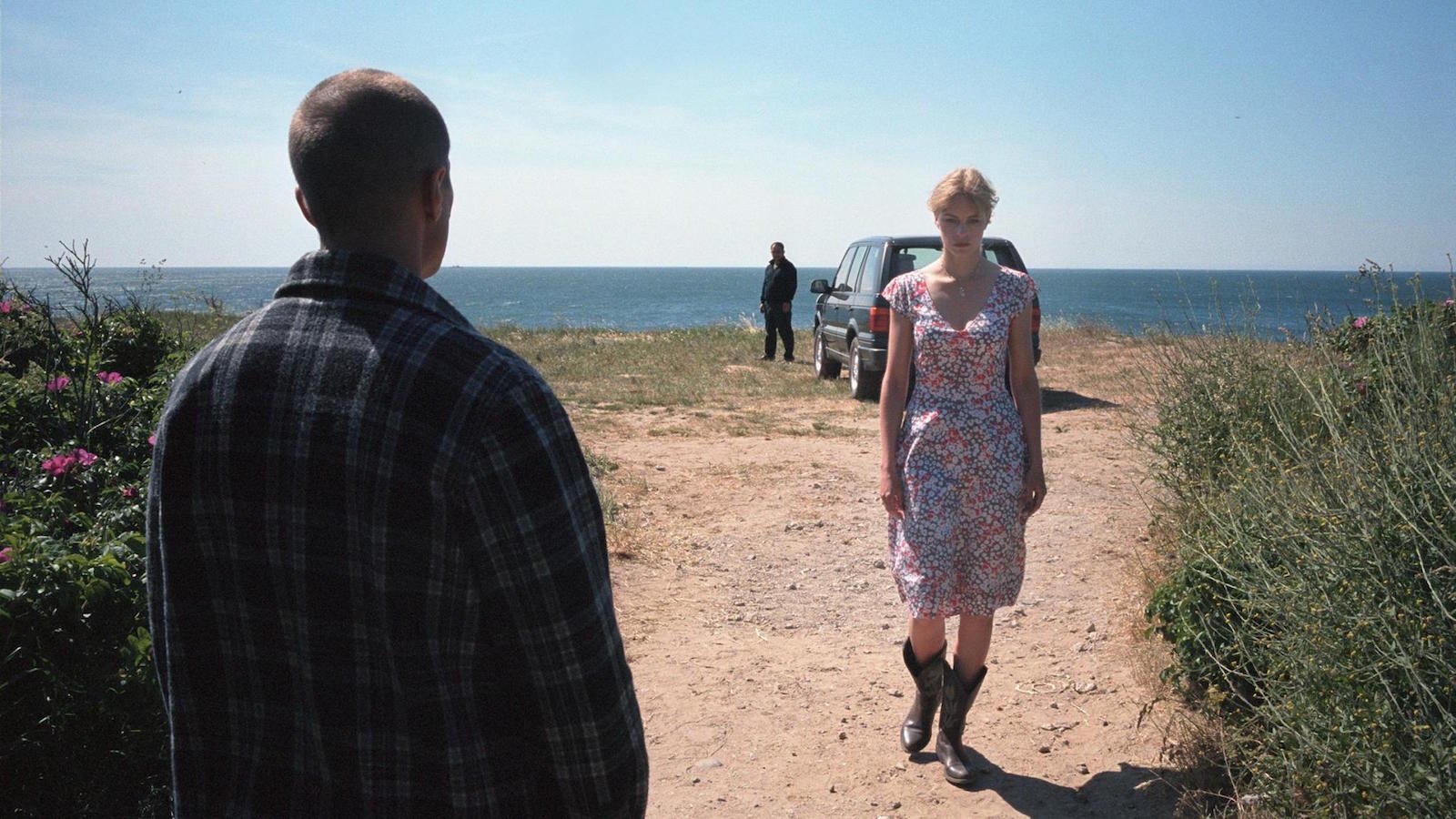Missed Connections: A Conversation with Christian Petzold
Christian Petzold’s films are like dances in which people circle each other but never quite connect. The most resonant moments in the German writer-director’s work are not ones of dialogue or plot development but of blocking and choreography: bodies intertwining, eyes meeting, a forearm placed at just the right angle. Filled with isolated characters living on the margins of society and in the transit zones of contemporary Europe, his quietly simmering dramas bring the ghosts of history into conversation with the anxieties of modern life.
Petzold got his start at the German School of Film and Television, where he studied under the late experimental filmmaker Harun Farocki, who would go on to become a frequent collaborator. The director then honed his craft as a founding member of the Berlin School, a loose filmmaking movement that emerged in the nineties as a politically charged alternative to the light entertainments the German movie industry was producing in the 1990s. His films—including an acclaimed trilogy he refers to as “Love in the Time of Oppressive Systems”: Barbara (2012), Phoenix (2014) and his latest, Transit (2018)—show his deep knowledge of cinema history and eclectic taste, and often pay subtle homage to the movies he loves, including the masterpieces of Alfred Hitchcock, the romantic melodramas of Douglas Sirk, and low-budget mind-benders like Edgar G. Ulmer’s Detour and Herk Harvey’s Carnival of Souls. But his use of influence goes far beyond mere allusion: it’s the way he strips genre down to essential elements of rhythm and atmosphere that makes his work so distinctive.
While Petzold was in town last week for the kick-off of a career retrospective at the Film Society of Lincoln Center (running through next Thursday), I spoke with him about his complex relationship to his cinematic inspirations and the process of making Transit, which reimagines Anna Seghers’s 1944 novel about a German refugee who assumes the identity of a dead writer.
Read on at criterion.com




